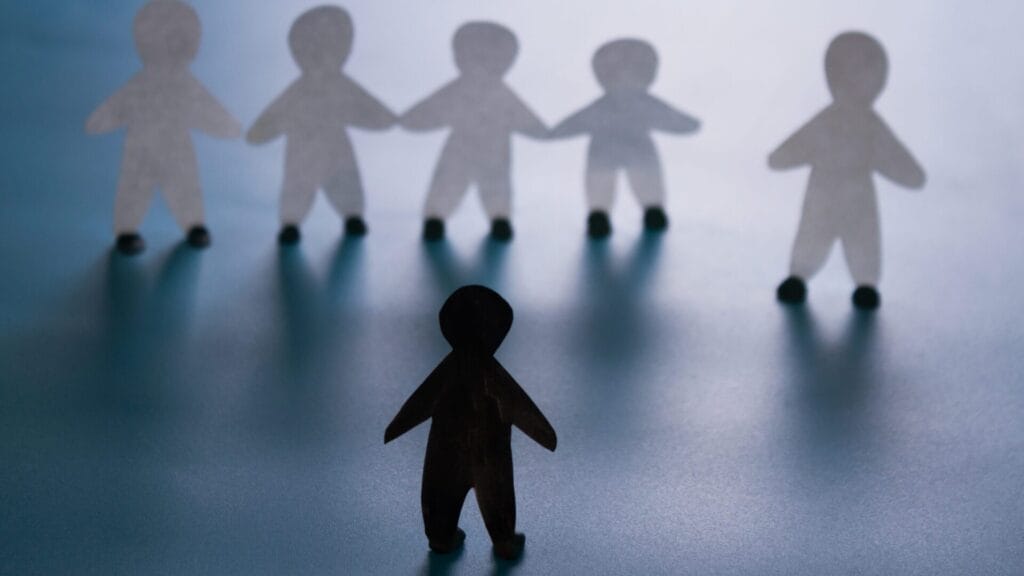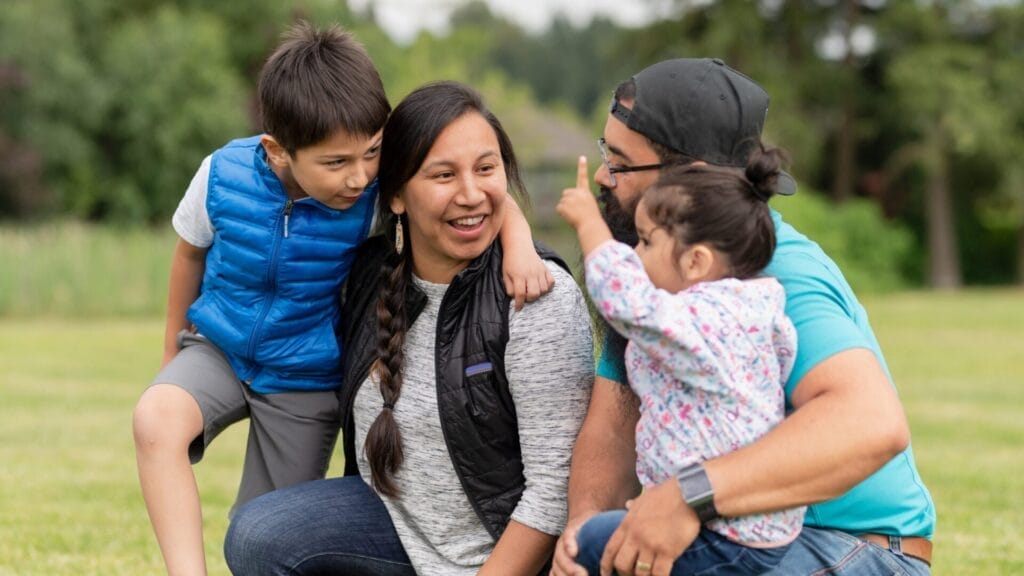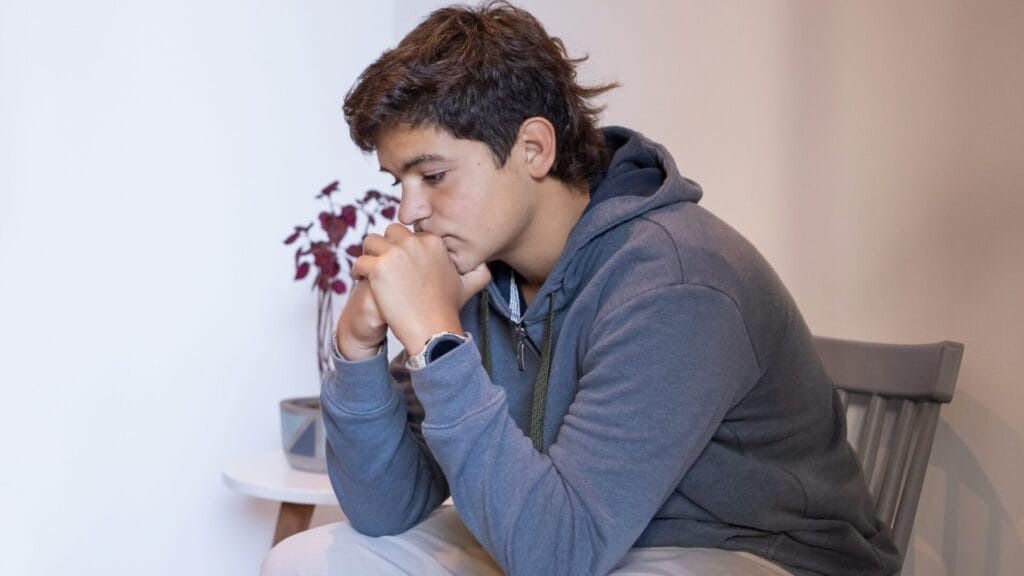Montare Behavioral Health
BIPOC Mental Health
Comprehensive behavioral health treatment facilities for adults in a safe and comforting atmosphere in Southern California.
Historically, BIPOC communities face social inequalities and discrimination, which profoundly impact their mental health and well-being. It is vital to identify these disparities that exist in BIPOC communities to ensure it is easier for BIPOC people to access mental health care and related services. It is equally essential to continue efforts to promote destigmatization and ensure access to the necessary resources to help BIPOC individuals not be afraid to ask for help and get it when they need it.
Understanding BIPOC Mental Health
BIPOC mental health refers to the BIPOC community, which consists of Black, Indigenous, and People of Color. These individuals are often called minorities or marginalized people, which creates a negative stigma. The use of these terms contradicts Monatre Behavioral Health’s objectives and mission of helping people, regardless of color, have access to and receive quality mental health care services.
By recognizing the BIPOC community, we strive to acknowledge the unique experiences and mental health challenges faced by black, Indigenous, and people of color. We believe in racial and gender equality to effectively respond to and provide individualized mental health care services tailored to each person’s unique needs.

What Is BIPOC Mental Health?
BIPOC mental health refers to the mental health of people within the BIPOC communities. People within these communities face mental health issues and challenges just like anyone else since mental health disorders do not discriminate, though the challenges people within BIPOC communities face with mental health are vastly unique and treating mental health is about equity, not equality, to be successful.

Defining Mental Health Issues in BIPOC Communities
Defining mental health issues in BIPOC communities can be difficult due to the various barriers to receiving treatment people face, including:
BIPOC Mental Health Stigma
Limited Access to Mental Health Care
Discrimination and Racism

Why Is BIPOC Mental Health So Impactful?
There is stigma regarding mental health in many communities, as well as faced by men and women. It is not uncommon to experience feelings of guilt and shame while remaining silent instead of asking for help. This avoidance of seeking mental health care is often more prevalent in BIPOC communities and is related to socioeconomic and cultural factors.
For instance, it can be challenging for people in BIPOC communities to balance their cultural identities, traditions, and customs with the need for mental health care. This can lead to feeling alienated or cause conflicts within the context of the community when others believe the individual is going against their cultural norms.
Furthermore, those in BIPOC communities can experience limited access to quality mental health care, lower levels of income, lack of health insurance, and other challenges just based on their socioeconomic status. Sadly, these people are already facing struggles, and it can make it more difficult for them to get the help they need.
How Being BIPOC Affects Mental Health
Being BIPOC affects mental health directly and indirectly in several different ways. BIPOC people face discrimination, racism, aggression, and violence in various aspects of their lives. These experiences can cause excessive stress, depression, anxiety, PTSD, trauma, and other mental health issues.
Next, a large number of BIPOC communities have a history of slavery, forced displacement, colonization, and genocide. These mistreatments have lasting impacts even today on individuals within these communities and their mental health, which can manifest as feelings of low self-esteem, helplessness, grief, sadness, or even anger.
Additionally, there is often a shortage and lack of culturally competent mental health services. Many providers are not knowledgeable about cultural differences to recognize the unique needs of BIPOC individuals.
Furthermore, some individuals internalize the negative experiences they have been exposed to, which can lead to a condition called “racial battle fatigue.” This fatigue can be attributed to depression, poor self-esteem, and anxiety.
How Being BIPOC Affects Teens’ Mental Health
Being BIPOC affects teens’ mental health as much as it does adults in various ways.
Unique Challenges for BIPOC Teens
Some of the unique challenges of BIPOC teens include:
- Minority stress: BIPOC teens can be exposed to added stress from racism and discrimination.
- Internalizing feelings: Some BIPOC teens internalize their emotions and feelings from the negativity they experience, which can lead to low self-esteem and lowered self-confidence.
- Cultural conflicts: BIPOC teens can experience cultural conflicts relating to their cultural values and societal norms.
Specific Issues Faced by BIPOC Teens
Some of the specific issues faced by BIPOC teens are:
- Identity conflicts: BIPOC teens can struggle with their sense of self relating to their gender and sexual preferences. How they feel can go against their cultural beliefs and values, which can lead to depression, guilt, sadness, and anxiety.
- Bullying and aggression: Some BIPOC teens can be bullied and experience aggression and violence due to the color of their skin or their cultural beliefs. This can lead to withdrawal from family and friends, lowered self-esteem, feelings of worthlessness and hopelessness, and thoughts of self-harm and suicide.
- PTSD and trauma: Being exposed to discrimination and racially motivated violence can cause PTSD and unresolved trauma.


BIPOC Mental Health Statistics
According to NAMI, millions of people of all ages are affected by mental health disorders annually. Some statistics as reported in 2021 for all people include:
- 57.8 million people experience mental illness sometime in their lifetime
- 14.1 million people experience a serious mental health disorder annually
- 7.7 million youth from 6 to 17 years old experience a mental health disorder annually.
- 19.4 million people experience co-occurring mental health and substance use disorders.
Within the BIPOC communities, the prevalence of mental health disorders includes:
- 16.4 percent Asian
- 18.1 percent Hawaiian or Pacific Islander
- 21.4 percent Black or African American
- 20.7 percent Latino
- 26.6 percent American Indian or Alaska Native
- 34.9 percent Mixed and Multiracial
- 50.2 percent LGBTQIA2+
What these statistics indicate directly correlates to the trends within the BIPOC communities, as follows:
- BIPOC individuals have a higher risk of developing mental health disorders, such as PTSD, anxiety, depression, and co-occurring substance use disorders.
- BIPOC people have an increased risk of self-harm and suicidal behaviors.
- BIPOC individuals are less likely to seek treatment out of perceived and systemic barriers.
- BIPOC people who identify with multiple identities, such as being multiracial and gay, often face added discrimination both from outside their communities and within, which further elevates the risks of developing mental health disorders.

The Impact of Being BIPOC on Mental Health
The broad implications and impact of being BIPOC on mental health encompass cultural, societal, and other factors. Unfortunately, those with mental health issues are less likely to seek treatment due to these barriers and stigma. When mental health conditions go untreated, they can start to interfere with daily functioning and routines. Untreated conditions also increase the risks of unemployment, incarceration, homelessness, lower quality of life, substance use disorders, and suicide.
Strategies for Improving BIPOC Mental Health
Several strategies and therapeutic approaches can be used to improve BIPOC mental health, including:
- Providing culturally competent mental health treatment services: It is vital to provide access to mental health treatment services and professionals with experience and knowledge about different cultural backgrounds, values, and beliefs to help build trust and improve treatment outcomes.
- Community involvement: Increasing awareness about BIPOC mental health requires community involvement from everyone. Working together to develop community-based support groups and organizations that cater to the unique needs of BIPOC individuals can provide them with safe spaces and access to mental health resources.
- Anti-discrimination and anti-racism training: Mental health facilities should do their part by ensuring their staff understands the importance and impacts discrimination and racism can have on BIPOC individuals.
- Holistic therapeutic modalities: Access to holistic healing approaches can provide alternative and complementary treatment options. Meditation, art therapy, mindfulness, and yoga can all help BIPOC individuals improve their emotional and mental well-being.
- Trauma-informed care: Trauma from discrimination, racism, and violence are quite frequent in the BIPOC community. Providing access to trauma-informed care and therapies is essential in order to help individuals heal and recover from traumatic experiences.
Find BIPOC Mental Health Treatment at Montare
Addressing the unique mental health needs of BIPOC individuals requires a multi-faceted approach that incorporates the uniqueness of cultural and racial differences while addressing inequalities and stigma. By offering culturally competent care, community-driving support groups, and trauma-informed practices, Montare Behavioral Health empowers individuals within BIPOC communities.
We work with them to develop personalized and comprehensive treatment plans and provide them with the tools and resources to lead productive and fulfilling lives. We strive to create an inclusive, caring, and supportive environment where everyone is welcomed. Contact us today to learn more about our mental health services for BIPOC communities.










